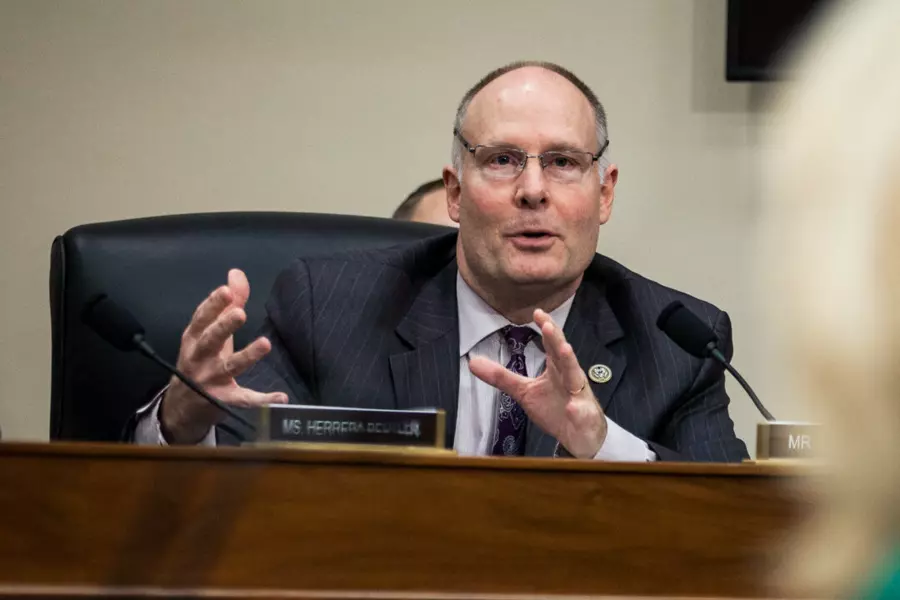In a recent development, the chairman and GOP members of a House committee have called on the Biden administration to investigate six state-owned Chinese companies for their alleged ties to sanctioned Iranian industries. The lawmakers cite reports that U.S. investment firms have invested billions of dollars in these Chinese entities.
The letter sent by the lawmakers highlights concerns about the possible involvement of these companies in activities that violate existing U.S. sanctions against Iran, thereby indirectly funding actions that run counter to American national security and global stability. The six companies under scrutiny are leading players in China’s weapons, aviation, ocean shipping, and petroleum industries. These include China North Industries Group (Norinco), Aviation Industry Corporation of China (AVIC), China Ocean Shipping, China National Offshore Oil Corp. CNOOC), CRRC Corporation Ltd., and China Petroleum and Chemical Corp. Out of these companies, four are on the U.S. trade blacklist.
The lawmakers provide details of the companies’ involvement in Iran’s defense and energy industries, revealing that Norinco and AVIC have allegedly supplied weapons to Iran, while China Ocean Shipping is involved in transporting oil from Iran to China. Moreover, CNOOC subsidiaries are said to be involved in projects with the U.S.-sanctioned National Iranian Oil, and Sinopec is reported to have helped Tehran develop the first phase of an oil field in Iran, possibly continuing its involvement in the project’s later phases.
The lawmakers emphasize that the United States must counter the new authoritarian axis spearheaded by China and Iran and penalize companies that assist in financing Iran’s activities to support Houthi attacks on commercial shipping in the Red Sea and fuel attacks against Israel by Hamas, Hezbollah, and Palestinian Islamic Jihad – all designated as Specially Designated Nationals by the Treasury.
These companies have been active in multiple sectors within Iran, such as military, communications and surveillance, oil and gas, and infrastructure. The report raises questions about the due diligence and material risk disclosures performed by respective U.S. asset managers and index providers, noting the lack of fiduciary responsibility demonstrated by these entities.
In response to these findings, Senators Bob Casey (D-Pa.) and John Cornyn (R-Texas) introduced legislation in July 2023, called the “Outbound Investment Transparency Act.” The proposed law requires U.S. firms to inform the Treasury Department if they have investments in Chinese companies with sensitive technologies, such as semiconductors, artificial intelligence, quantum computing, and hypersonics.

